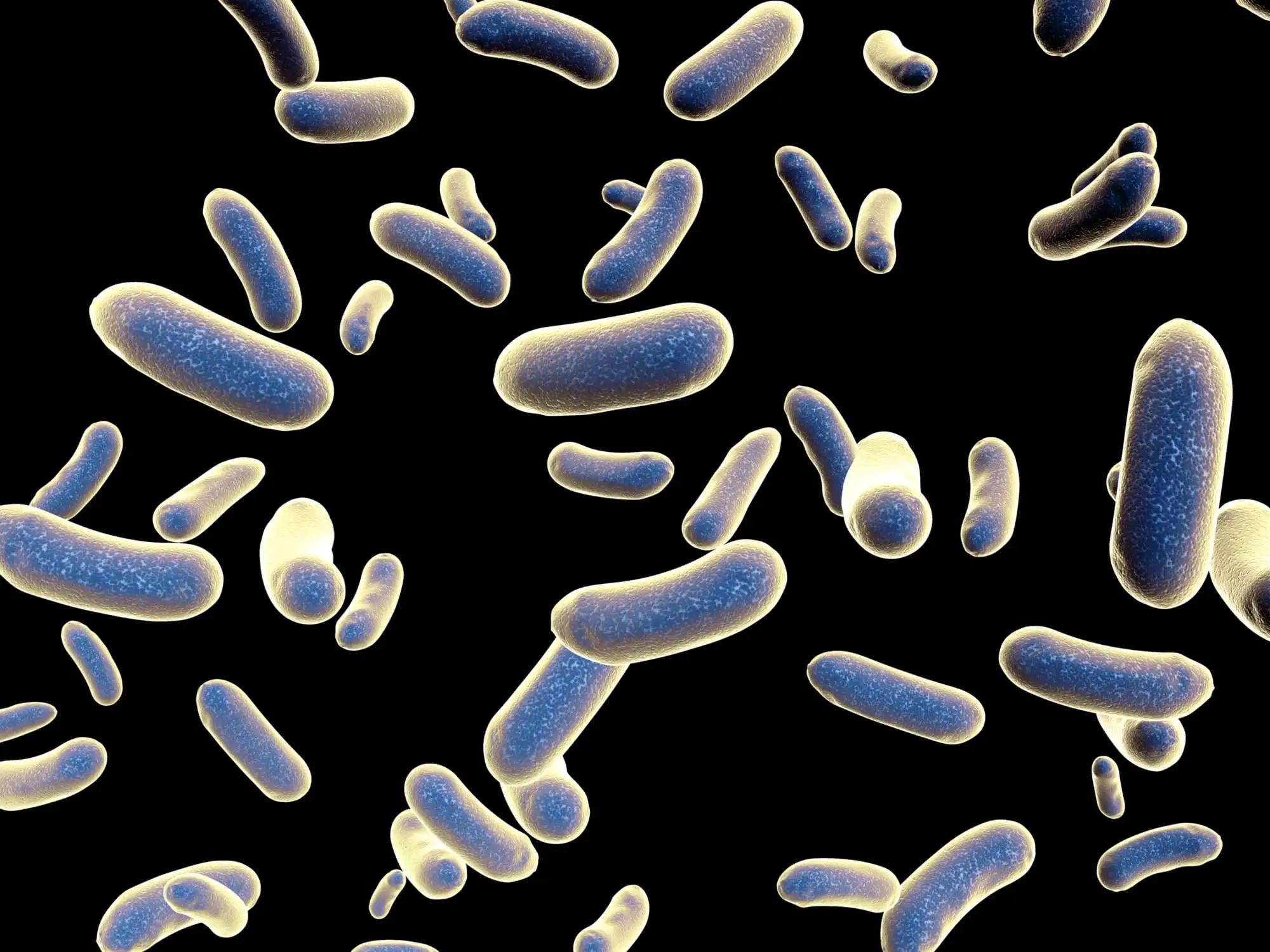KEY TAKEAWAYS
- The phase 4 trial aimed to assess HRQOL in patients with TGCT receiving pexidartinib treatment.
- The study concluded that HRQOL remained stable in patients with TGCT during a 2-year follow-up, warranting further investigation.
Tenosynovial giant cell tumor (TGCT), a rare nonmalignant neoplasm affecting the synovium, bursae, or tendon sheath, typically emerges around age 40 and impacts health-related quality of life (HRQOL). Pexidartinib, the sole systemic therapy approved for adults with TGCT experiencing severe morbidity or functional limitations resistant to surgical intervention, has shown significant tumor response and enhanced functional outcomes since FDA approval in 2019.
Jayesh Desai and the team spearheaded a study that aimed to assess HRQOL in patients with TGCT receiving pexidartinib treatment, including discontinuation/rechallenge phases.
The study enrolled patients with TGCT from previous trials (NCT02371369; NCT01004861; NCT02734433; NCT03291288) following the previous trials’ end-of-treatment (EOT) visits.
Patients opted to either continue pexidartinib (Treatment Continuation Cohort [TCC]) at the same dose or discontinue treatment with the option to re-initiate (Treatment-Free/Re-Treatment Cohort [TF/RTC]) at the discretion of the investigator or patient. The change from Baseline in patient-reported outcomes (PROMIS physical function [PF], EQ-5D-5L) served as a secondary endpoint.
The results revealed that 32 patients participated in the study from October 2020 to April 2021 (21 in TCC, 11 in TF/RTC). These patients had a median age of 47.5 years (range: 21-81), a median of 7.8 years (4.6-32.6) from diagnosis to informed consent, and a median of 55.7 months (26.7-91.0) of prior pexidartinib treatment.
In the TCC group, the 24-month average paired change (APC) from Baseline was -2.78 (95% confidence interval: -6.20, 0.65) for PROMIS PF and -2.4 (-9.6, 4.8) for EQ-5D-5L VAS. During the TF period, the 24-month APC was -1.93 (-6.37, 2.51) for PROMIS PF and 3.4 (-3.6, 10.4) for EQ-5D-5L VAS. Of the 3 patients who re-initiated treatment, two experienced clinically significant (≥10 points) increases in PROMIS PF and EQ-5D-5L VAS.
The study concluded that despite prior reports of HRQOL decline in TGCT patients over time, HRQOL generally remained stable during the 2-year follow-up. Further investigations into HRQOL for patients receiving long-term continuous and intermittent pexidartinib treatment are warranted.
The trial was sponsored by the Daiichi Sankyo.
Source: https://www.ispor.org/heor-resources/presentations-database/presentation/intl2024-3895/139334
Clinical Trial: https://clinicaltrials.gov/study/NCT04526704
Desai J, Wagner AJ, Carrasco Garcia I et al. (2024). “Health-Related Quality of Life from a Phase 4 Global Clinical Study to Evaluate Discontinuation and Rechallenge of Pexidartinib in Patients with Tenosynovial Giant Cell Tumor (TGCT) Previously Treated with Pexidartinib.” Presented at ISPOR 2024, Atlanta, GA, USA, Value in Health, Volume 27, Issue 6, S1 (June 2024) (CO22).



